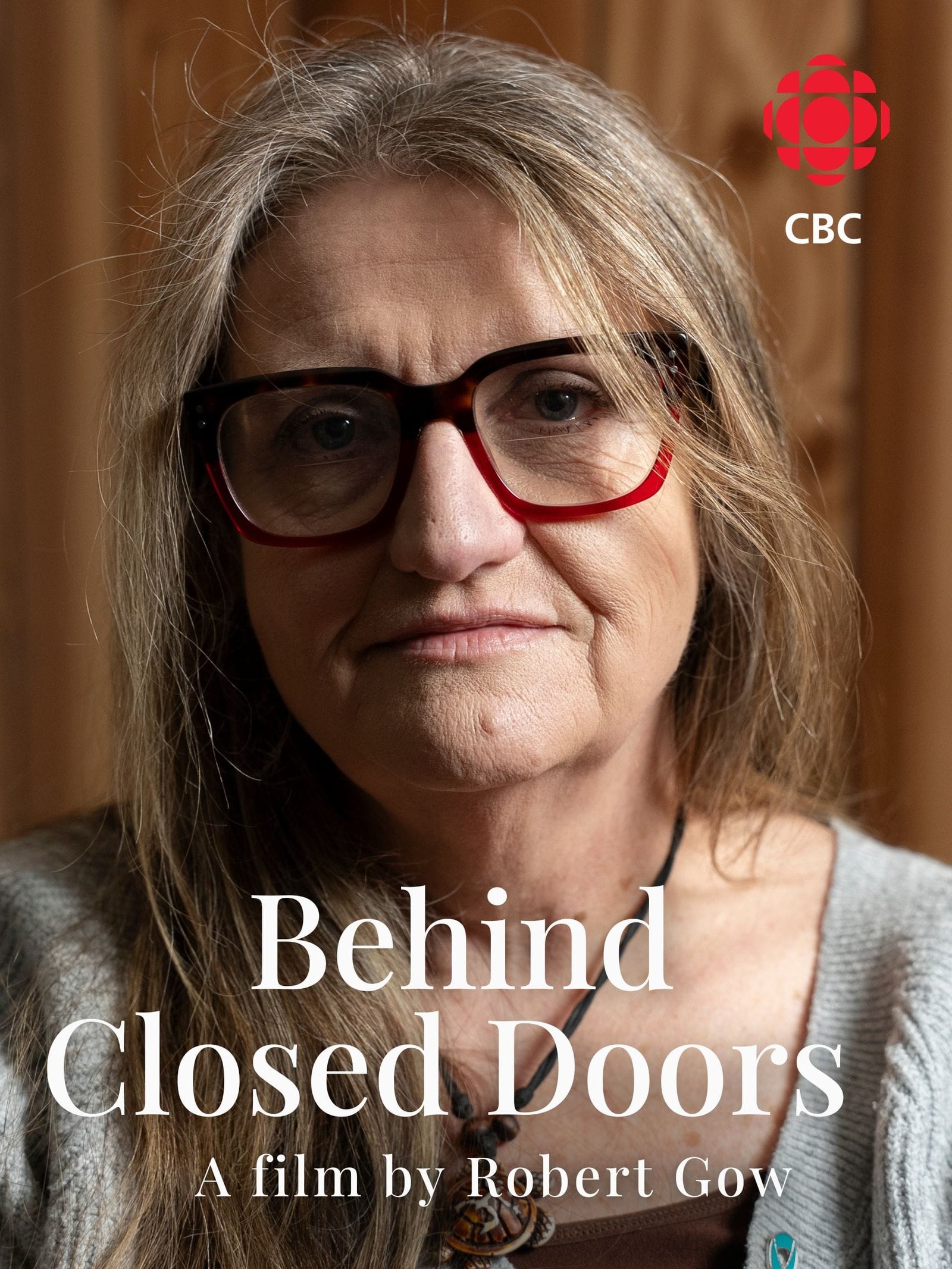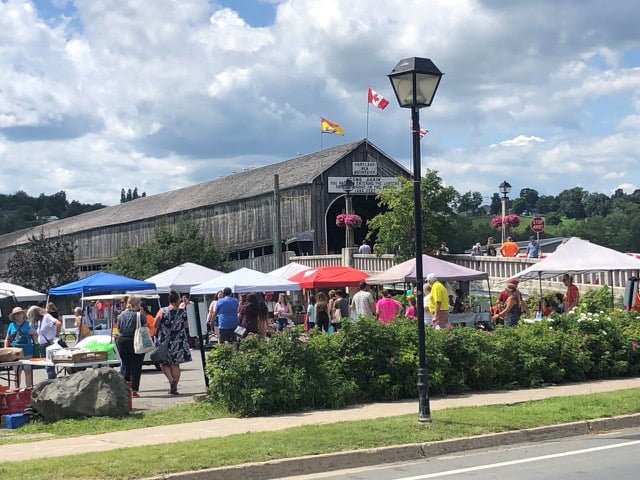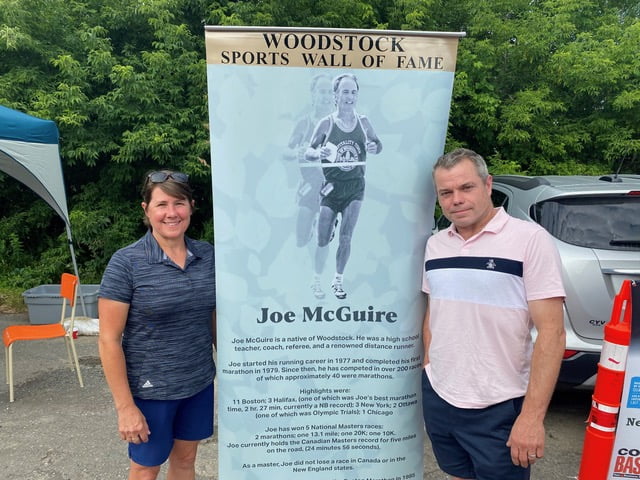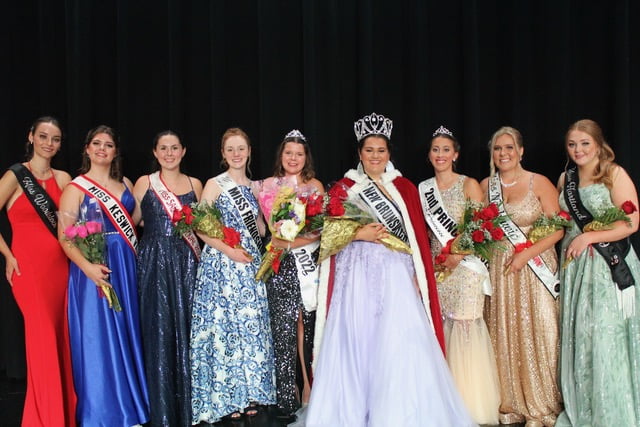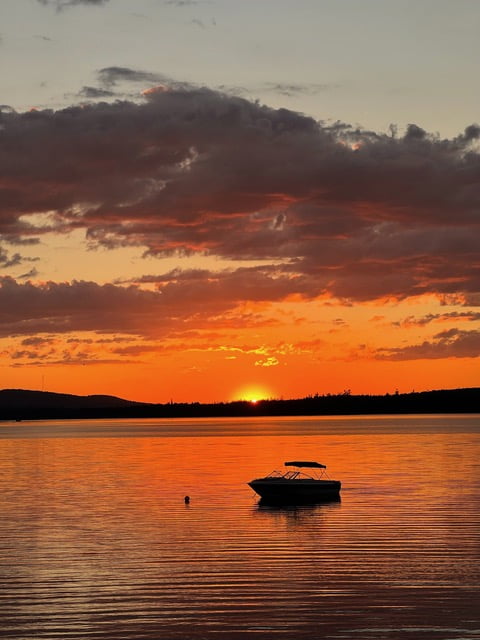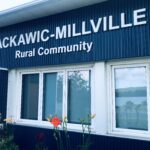New CBC documentary chronicles story of sexual assault victim from Fosterville
On May 18, 2025, the world was introduced to the horrors of Fosterville resident Sarah Sherman’s abusive past with her late first husband. A new CBC documentary tells the story of how Sherman turned her traumatic experiences into a charity that supports people who have gone through the same incidents.
“Behind Closed Doors” is directed by Robert Gow and unveils Sherman’s tales of how she survived sexual assault and introduces her project, We’re Here For You.
Gow and Sherman were first introduced two years ago when he posted an ad searching for a subject for his next documentary.
“We chatted for a few hours, and I immediately was like, wow, this is as engaging a story as I’d ever be able to find and inspiring a story,” said Gow.
Sherman was eager to raise awareness about the importance of the program and the work it supports.
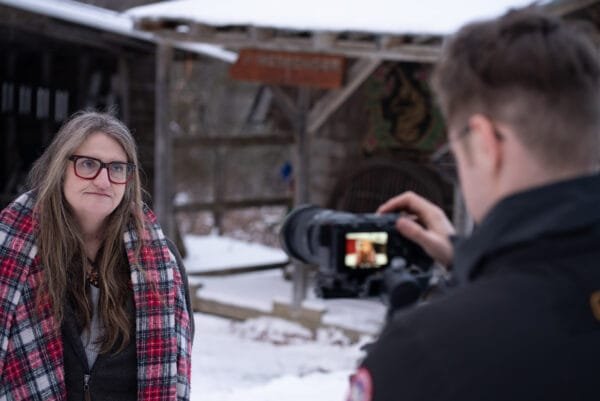
“He was looking for a story of resilience, and I kind of felt like I met that. So I was, and I had already started to do the Comfort Kit program, and I just thought that it might help our work more than anything,” said Sherman.
CBC had greenlit the idea in December; Gow worked on the story over the next few months. His goal for the documentary was to include Sherman, her current husband, and the people she works with at We’re Here For You.
Knowing there is a large hole in Canadian health care for clothing and other supplies for sexually assaulted survivors, Gow wanted his documentary to look at how underserved the population of women who have been sexually assaulted is and understand how a person psychologically recovers from a scarring incident.
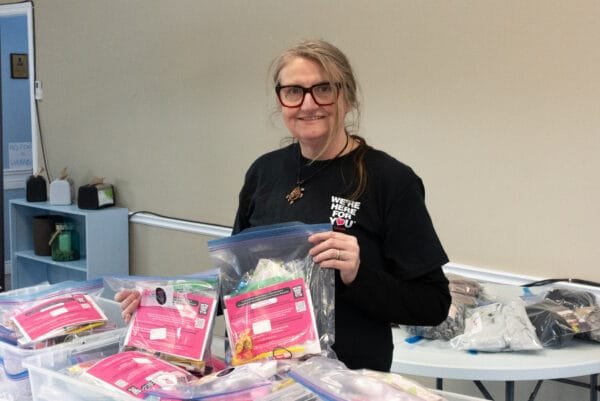
“I felt like that was a story most people didn’t know about because people don’t want to talk about what happened to them,” said Gow.
The founder of We’re Here For You says that sharing her story took years of personal growth before she felt ready. She also needed to wait until her children were older to get permission to tell the truth.
“It’s not just my story. It’s my kids’ story too,” said Sherman.
During the filming, Sherman underwent a whirlpool of emotions. She explained that she was full of embarrassment, shame, guilt, vulnerability, and fear.
Sharing details from her past made her feel exposed, and despite working hard to let go of shame, certain aspects of her story still carried an emotional weight. Some moments during the interview made her self-conscious about how some people would perceive her experience.
“I’m a little bit scared for the documentary, not because I didn’t think he [Gow] would do a good job, because I watched his other work, but it just puts me out there. It makes me very vulnerable, and it’s always a bit worrying about what people might say or think about you,” said Sherman.
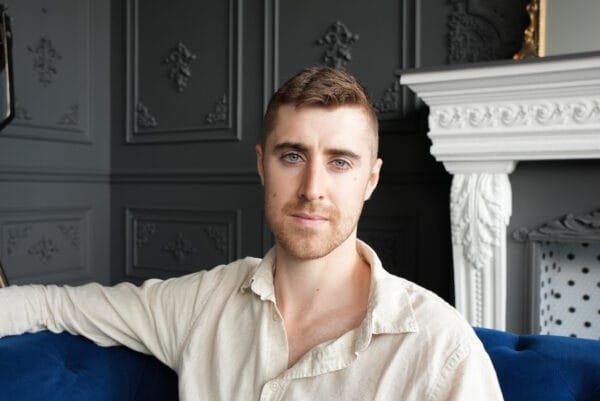
One of the strongest emotions she expressed was guilt. In a way, Sherman felt the burden of how her children and others suffered from what she endured. She feels she carries a deep sense of responsibility for the ripple effect of her struggles on those close to her.
Despite feeling like these emotions overpowered her, she has learned to accept them to grow emotionally.
“I’ve been working really hard to let that part go,” said Sherman.
While editing the footage, Gow struggled initially to find the right way to execute Sherman’s story. With the copious amounts of interview footage from all his sources, coming out to around six hours, he re-watched every second to ensure key parts were highlighted in the final edit.
“I tried to just find these little moments that I felt could work as an expression of that period of life, as opposed to having to go through every single detail,” said Gow.
Since the documentary has been out, Sherman has breathed a sigh of relief from the overwhelming amount of positive and supportive comments she’s had from people. While painful, Sherman has realized that her journey can help others recognize struggles before it’s too late.
The documentary reached 40,000 views on YouTube, making it one of the most-watched documentaries by Creator Network.
“This could really help a lot of people in need. And it’s very difficult not to get emotional about that when you’re like, wow, this documentary I’ve been making over the last few months, editing alone in my room could have this huge impact,” said Gow.
Sherman says this opportunity has helped her recognize the importance of connecting with people through personal storytelling.
“If I had to go through everything I did, if I can take that pain and that grief and that shame and turn it into something that will maybe help someone else identify what they’re going through before it’s too late…that just makes me feel grateful if I can help someone else, if I can take this and turn it into something positive,” said Sherman.
Sherman is considering hosting a screening event in the Upper River Valley area to allow attendees to engage with the documentary through discussions and question-and-answer sessions.
She also plans to have a local SANE nurse (sexual assault nurse examiner) present to explain the role of forensic nursing in helping survivors.
Follow the River Valley Sun for updates on the screening date.


